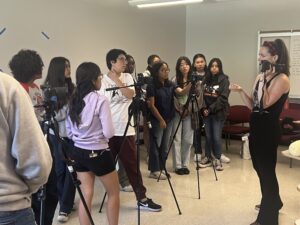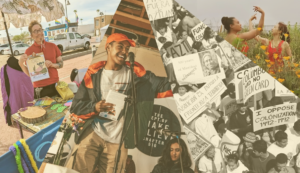Above: A view of San Quentin State Prison on the evening of December 14, 2023. Photo by Kerri Young.
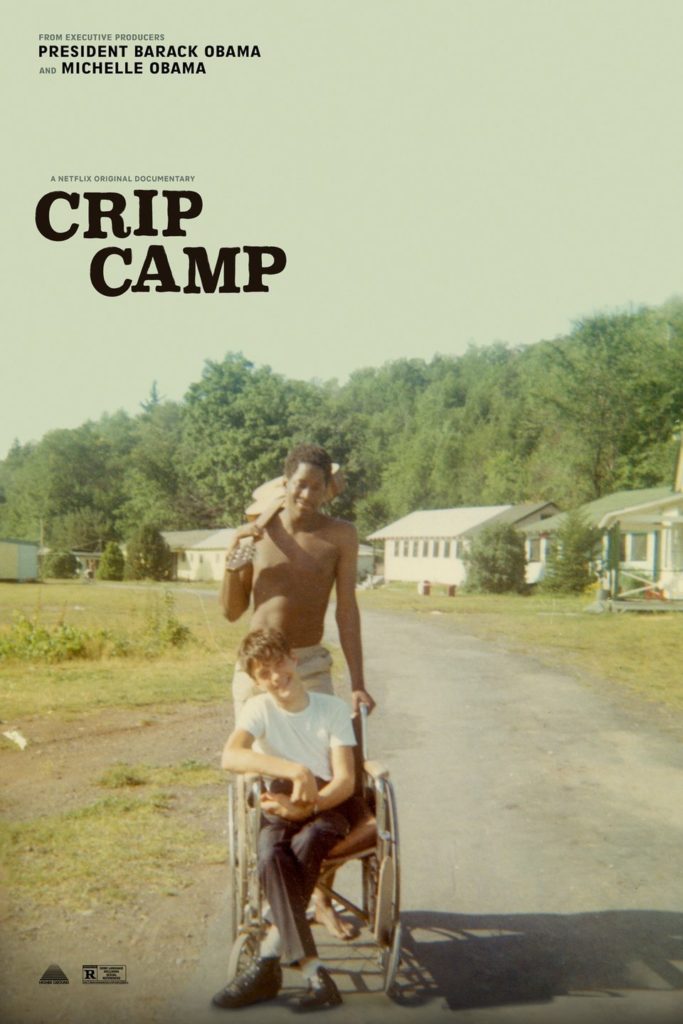
CRIP CAMP, the groundbreaking Academy Award-nominated documentary film from co-directors Nicole Newnham and Jim LeBrecht, has been seen by millions of viewers since its premiere in 2020. From the Sundance Film Festival, where it won the Audience Award for best US Documentary, to international distribution on Netflix and translation into 29 languages, the film has brought the history of the American disability rights movement to audiences throughout the world.
In December, California Humanities helped bring CRIP CAMP to a new audience who had not yet had the opportunity to see the film—students enrolled at San Quentin Prison’s Mount Tamalpais College, the nation’s only independent liberal arts college whose main campus is located inside a prison. The screening kicked off Mount Tamalpais’ three-day Disability Visibility film festival and was offered as part of the college’s intellectually rigorous and free of charge degree programs for incarcerated individuals at San Quentin. Co-director Nicole Newnham joined college staff and an advocate for the incarcerated deaf community in a post-screening discussion with participating students.
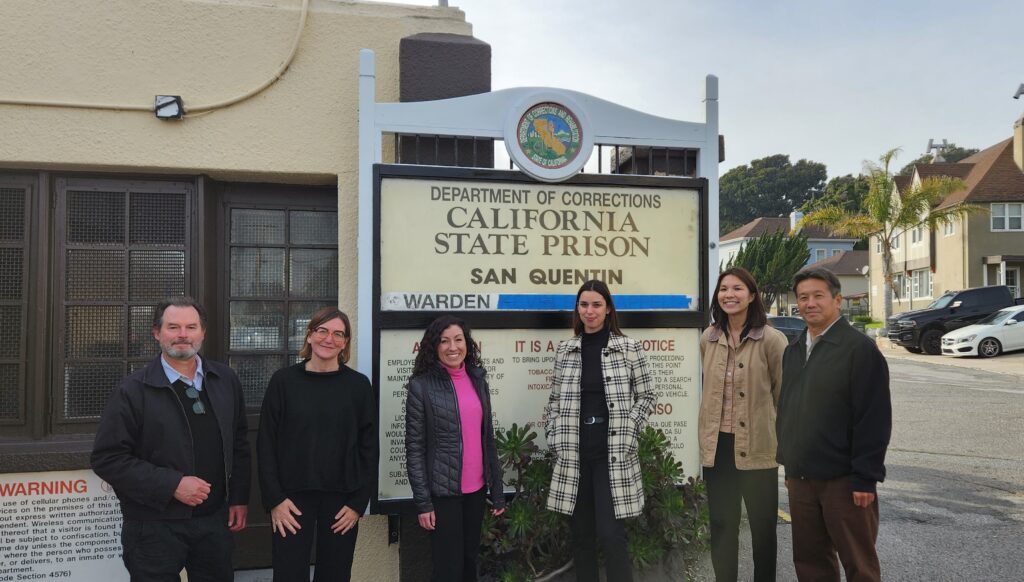
CRIP CAMP tells the story of a New York summer camp for teens with disabilities, and the group of alumni who later form the radical disability rights movement in California to advocate for historic legislation changes. The film, a milestone in the fight for disability visibility, received funding from California Humanities through the California Documentary Project in 2018.
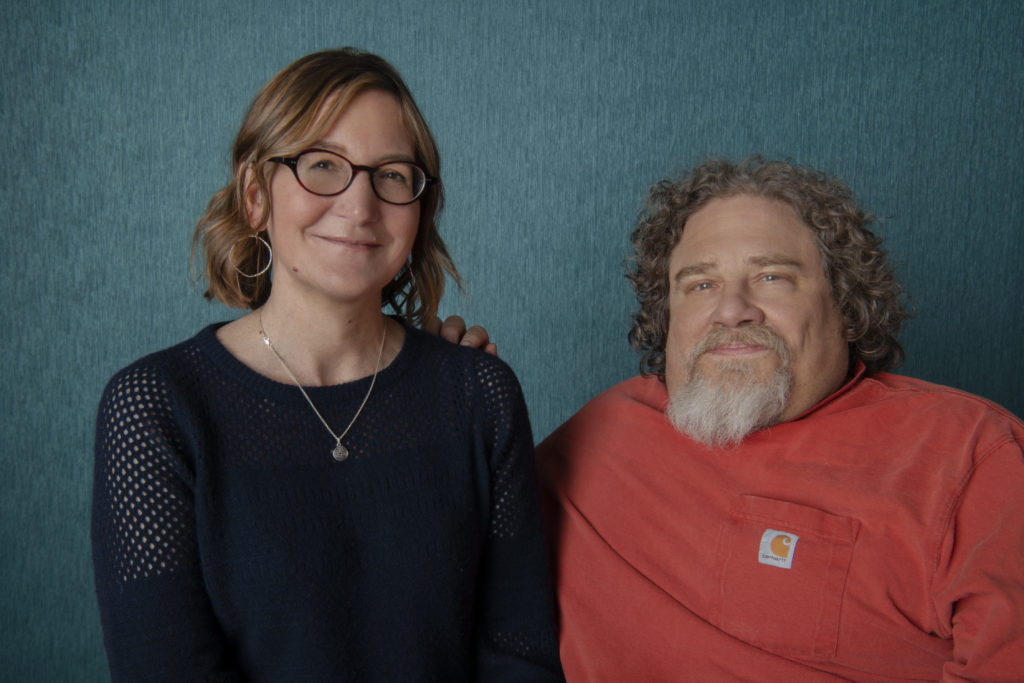
Nandita Dinesh, Dean of Academic Administration of Mount Tamalpais College, shared the impact of this December program: “We could not have had a better launch than CRIP CAMP for MTC’s first international film festival on Disability Visibility. We chose the film for its poignancy; its disruption of mainstream narratives; its emphasis on the intersectionality of struggles for justice. And after the screening, from listening to our students’ reactions, we know the film resonated profoundly.”
We are grateful for this special partnership with Mount Tamalpais College, as well as support from the National Endowment for the Arts, as we continue our work of bringing award-winning California Documentary Project films, filmmakers, and film participants to new audiences throughout the state. And we join the college in their mission to expand access to quality higher education for incarcerated people, and to foster the values of equity, civic engagement, independence of thought, and freedom of expression.




